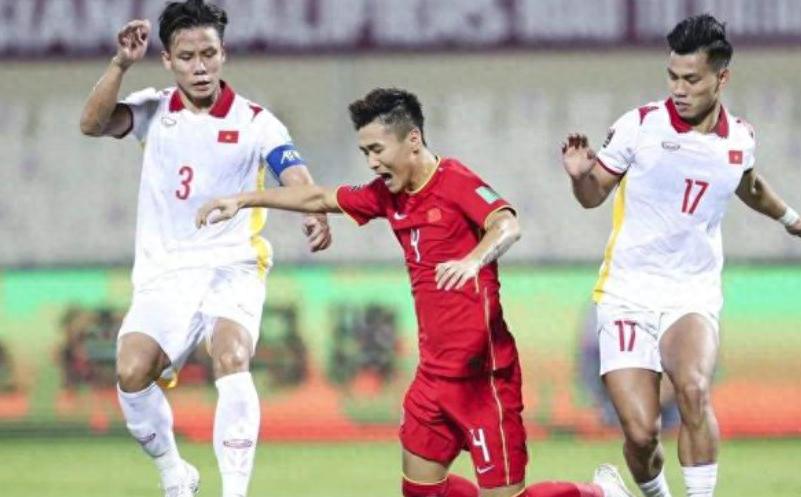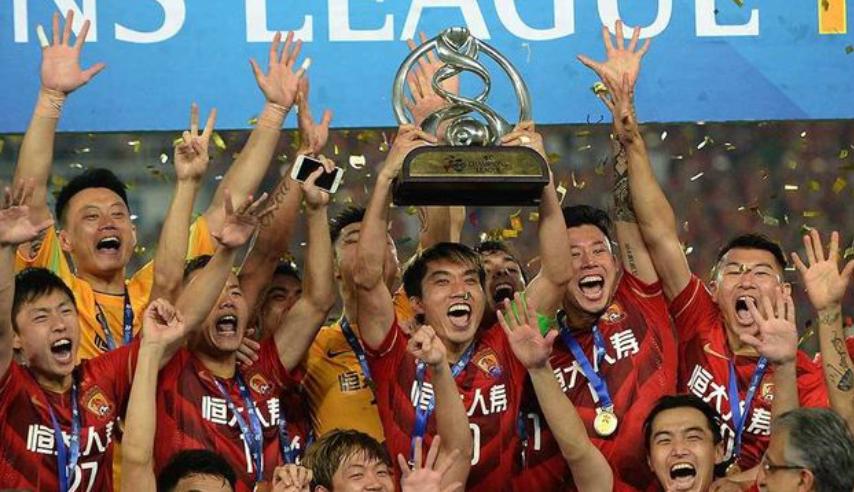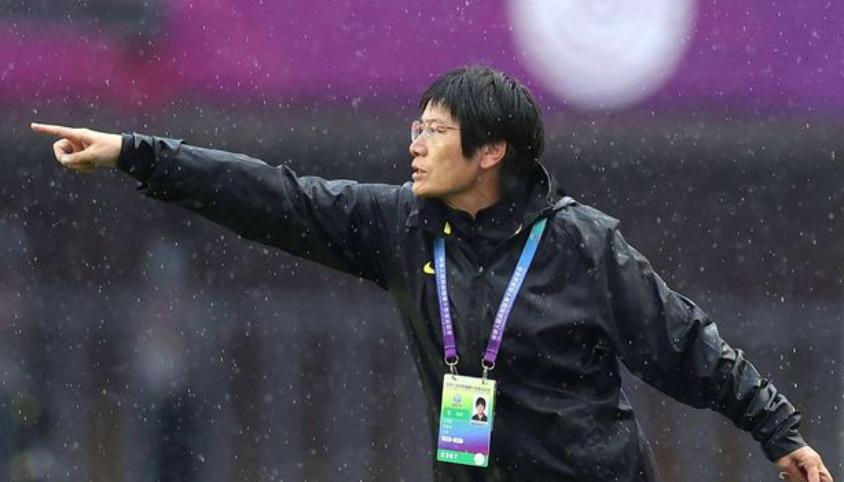In discussions about Chinese football, a frequently raised question is: why does China, with its population of 1.4 billion, struggle to assemble a team of 23 players capable of playing at a professional level? This is not only statistically perplexing but also a mystery that lingers in the hearts of countless fans.
Despite the massive population base, the number of players who can commit to professional football training and possess international match standards is extremely limited. The factors behind this are complex and intertwined: youth training systems, football culture, league mechanisms, player selection, educational concepts, football infrastructure, and more. Each aspect influences the overall development of Chinese football.

When it comes to the Chinese men's national football team, it's filled with "complaints," causing embarrassment. Many people exclaim, "The Chinese men's national football team is like mud that can't be held together." Even former national team player Fan Zhiyi gritted his teeth in anger, saying, "The face of Chinese football has almost been lost."
Back in 2002 during the South Korea and Japan World Cup, our Chinese men's national football team was in its prime. However, since then, it has been on a downward spiral, becoming worse off with each passing day. Elimination from qualifiers? Not even making it out of the group stages? It's all child's play for them. Now, they're practically "point-giving children," freely giving points to anyone without hesitation.

What angers people the most is not their constant losses, but the fact that they continue to receive astronomical salaries despite losing. They casually pocket tens of millions, acting arrogantly even when they lose. After losing, they still have the energy to stay in five-star hotels and indulge in nightly revelry. If this continues, Chinese fans will have to walk with their heads down when attending matches at other stadiums!
As for the national team coach Li Tie, he was recently taken away for investigation, revealing the entire football world's corruption scandal. Match-fixing? That's just child's play now. Fans are now hoping that these corrupt elements within the football world can be rooted out so that Chinese football can have a chance to shine.

A comparison makes it even more painful. Look at European football, where there are countless star players. Why? Because football is as common to them as eating and drinking. The streets are filled with children playing football, each with impressive skills. Add to that the prestige of the top five leagues, and talented players seem to emerge endlessly.
In South America, football is like a flower of hope in the slums; if you play well, you can leap over the dragon gate. How could they not give it their all? Looking at our neighbors Japan and South Korea, the Japanese team is stable and methodical, with players who are also academic achievers, while the South Korean team charges forward with sheer determination, unwilling to disgrace their country.

In contrast, our Chinese men's national football team lacks both the fighting spirit and effective methods, making losing a common occurrence, as if they're content to live in isolation.
Speaking of which, some argue that it's a physical issue, but let's first examine our own backyard. The wages for male and female players in the national team are actually similar, just a few thousand yuan. But why do the men earn big money? It's because they have high commercial value, and clubs are willing to invest heavily.

Women's football has lower commercial value than men's, which is a global issue, not just in China. Moreover, the treatment of Chinese women's football is top-notch worldwide, far surpassing foreign women's super leagues.
Regarding skill, the recent photos of the women's football team's abs put the men's "white cutlet" physique to shame. But let's be clear, having more abs doesn't equate to better ball skills! Look at big-name stars like Ronaldo and Griezmann; don't they all have a bit of a belly? Wang Hao from the Chinese table tennis team also has a round belly, yet he still wins championships!

Therefore, physical appearance isn't the standard for measuring athletes. As long as the body fat ratio is appropriate, don't worry too much about a "small belly." What's concerning is when someone lacks what they should have and instead has something that stands out too much.
How come the Chinese men's national football team can't achieve anything? There may be several reasons, each disheartening to hear. Football in China is akin to a "noble sport." You need money, free time, and a football field, but look at these big cities where every inch of land is worth its weight in gold. Building a football field? The budget for that could build an entire building!

Some children want to play football but can't even find a green field. Can those wealthy children withstand the scorching sun and practice football all day long? They're probably delicate flowers that can't withstand the wind and rain.
Moreover, the Chinese Football Association (CFA) is the epitome of "impatience." They try to emulate Germany, Brazil, the English Premier League, Spain, and more, changing strategies constantly, ending up learning nothing and playing worse than before. Look at Japan, who focused on learning from Brazil for thirty years and qualified for this year's World Cup. We, on the other hand, keep changing directions, achieving nothing.

Within the national team, the system is also in utter chaos. It's rumored that head coach Li Tie holds the "life and death power" over the players. Want to play? You must sign with his agency; otherwise, you'll be benched until forgotten. Signed? Well, he takes half of your salary. Is this playing football or participating in a "gold-digging" competition?
Furthermore, the spirit and style of the men's national team are worrying. Shouldn't there be some fighting spirit on the field? Yet our men's national team acts as if they're grandfathers, indifferent to winning or losing, as long as they make money.
Those who pay their way in have no real affection for football, not taking matches seriously and not training actively; losing is inevitable. As for those high-paid players, they treat themselves like precious treasures, afraid of getting injured, leaving no room in their hearts for football.
Although parents now want their children to learn skills, there are so many sports options that football is no longer the favored choice. Children who enter the football field may gradually give up due to injuries, academics, and various other reasons. Those remaining with talent are either ostracized or assimilated, treated like freaks.
Good leadership can make things half done. There are problems in the management of the football world, urgently needing a brave and influential manager to intervene, clean up, and reorganize!
"I've been watching Chinese football for ten years; you have money, facilities, and plenty of fans. So why can't you achieve anything?" says 61-year-old Norwegian fan Jorn Andersen, shaking his hands anxiously. "Not enough good seedlings? I think the key is the lack of professionalism! In Europe, they train hard every day, but it seems different in Asia, lacking spirit and energy."
Why can't Chinese football improve? Vice Minister Cai Zhenhua said, "The problem lies in the lack of consensus in our society about football!" A unified management plan is needed to work. Broadly following the principle of "bringing in," while making adjustments according to local conditions in the details, considering the physical condition, mentality, and venue factors of Chinese players.
In fact, good leadership, effective management, consensus among everyone, football education, and positive attitudes can lift people out of the mire. The Chinese men's national football team truly makes people both anxious and concerned. When will they be able to make us Chinese proud and allow us to take pride in them?